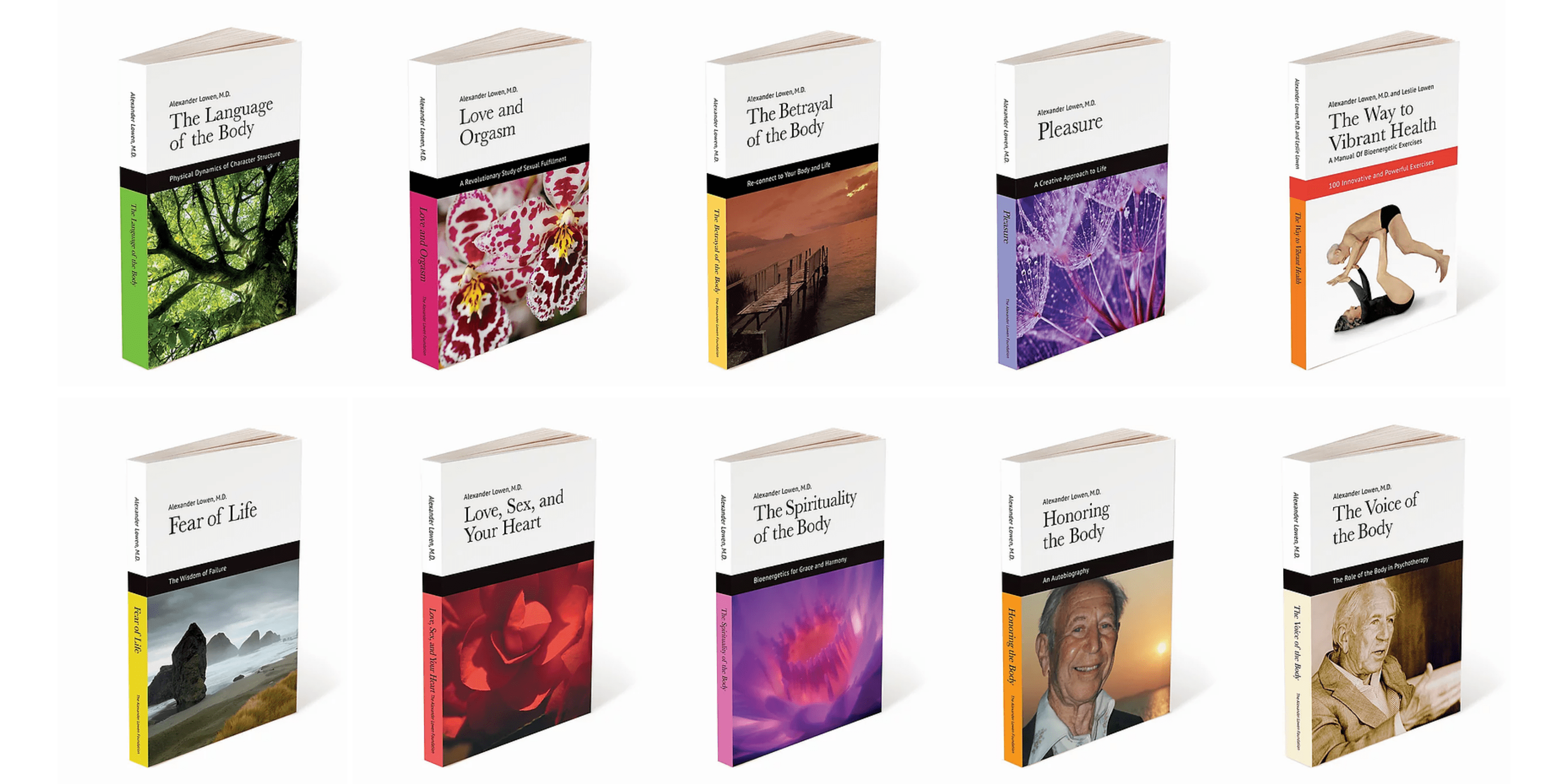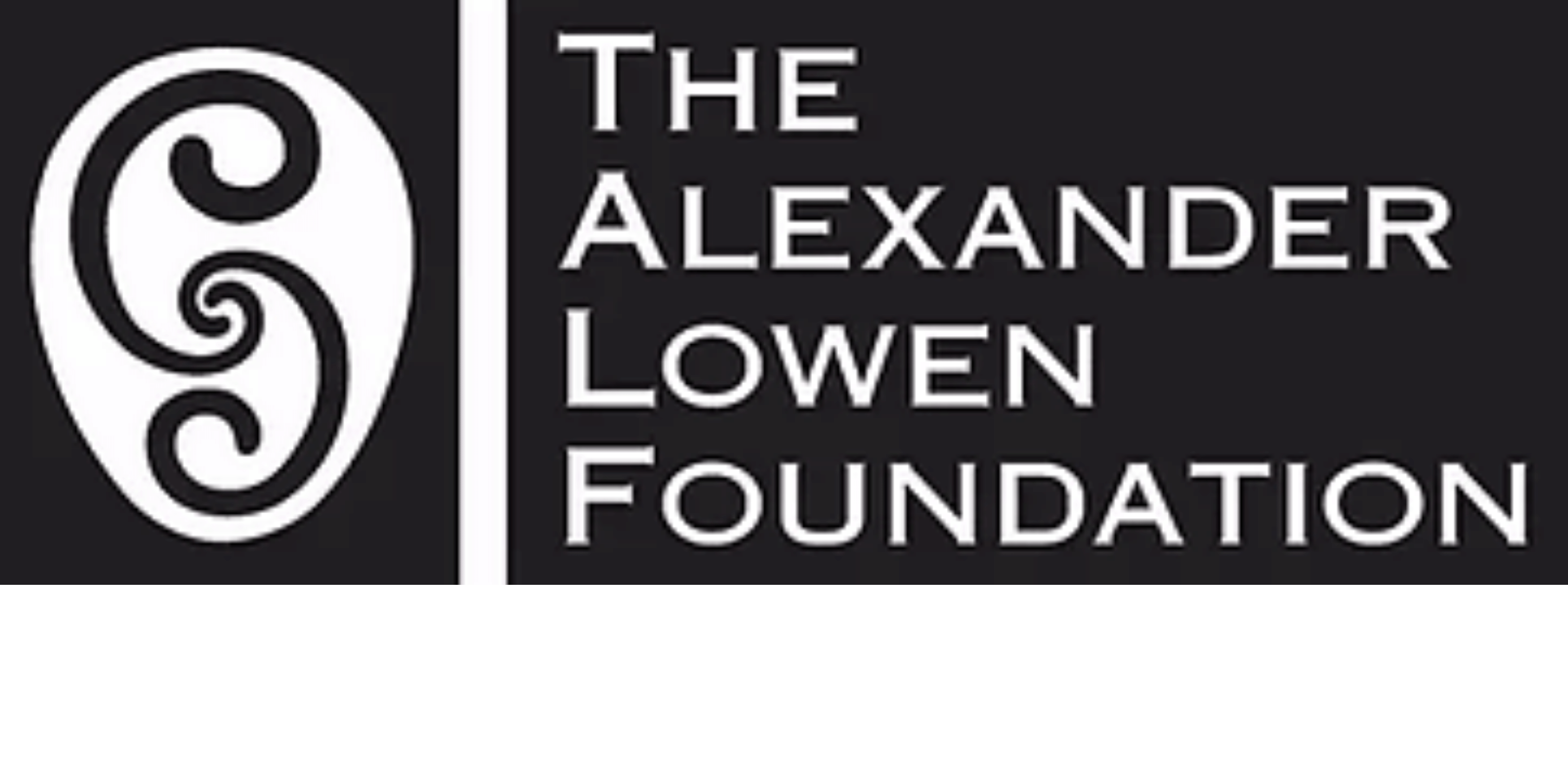Most psychotherapy does not incorporate the body in any significant way. Bioenergetic Analysis makes the body and its impulses a central part of the process.
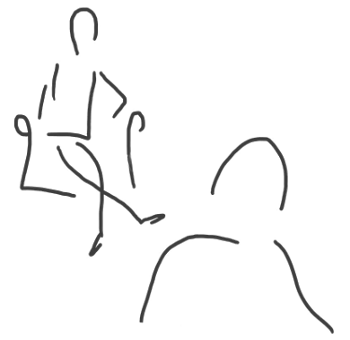 Bioenergetic Analysis theory offers that the body and the emotions are functionally identical: the body has a response to every emotion, and every body sensation has a corresponding emotion. Our bodies have a wisdom and a cellular memory that can be an important part of resolving emotional issues. These come in many forms. A gut feeling without any obvious evidence has guided many people to make choices that turn out to be the best ones. The recoiling of our muscles when we are near or even just think about a person who has harmed us is a common experience. The way our body warms and softens when we experience the love of another toward us is a heart opening that we all desire.
Bioenergetic Analysis theory offers that the body and the emotions are functionally identical: the body has a response to every emotion, and every body sensation has a corresponding emotion. Our bodies have a wisdom and a cellular memory that can be an important part of resolving emotional issues. These come in many forms. A gut feeling without any obvious evidence has guided many people to make choices that turn out to be the best ones. The recoiling of our muscles when we are near or even just think about a person who has harmed us is a common experience. The way our body warms and softens when we experience the love of another toward us is a heart opening that we all desire.
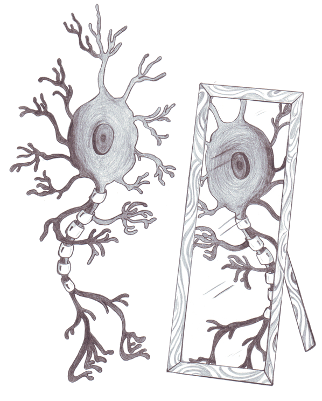 During the developmental years (through about age 7), our bodies adapted to the environment by tightening various muscles. Unconsciously, some of these became chronically tight and helped shape the way we look today. These tight muscles have locked in emotions that were too painful to express in those early years. When we encounter a similar situation today, the mirror neurons in our brain activate in miliseconds causing our unconscious to use the same adaptive mechanism. Our cognitive function is of little use when our protective function is engaged, so another tool is necessary to generate deep change. Bioenergetic Analysis helps release these tensions in a gradual and safe manner so that these emotions can be expressed and resolved.
During the developmental years (through about age 7), our bodies adapted to the environment by tightening various muscles. Unconsciously, some of these became chronically tight and helped shape the way we look today. These tight muscles have locked in emotions that were too painful to express in those early years. When we encounter a similar situation today, the mirror neurons in our brain activate in miliseconds causing our unconscious to use the same adaptive mechanism. Our cognitive function is of little use when our protective function is engaged, so another tool is necessary to generate deep change. Bioenergetic Analysis helps release these tensions in a gradual and safe manner so that these emotions can be expressed and resolved.
All of our neurotic issues have come about as a result of problems with contact. Bioenergetic Analysis is a somatic relational psychotherapy, meaning that releasing emotional blocks has to be paired with cognitive understanding and a safe contact with the Bioenergetic therapist.
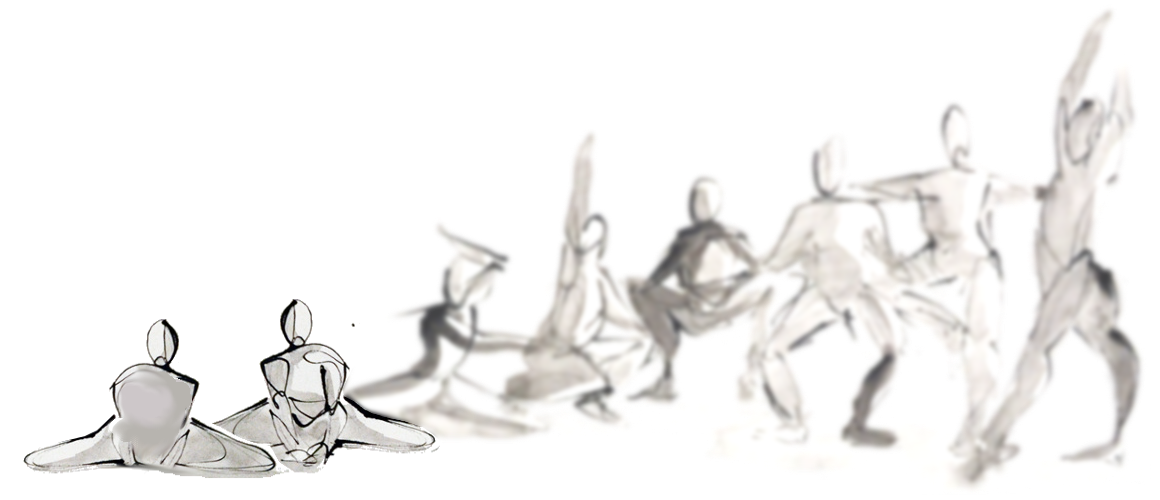
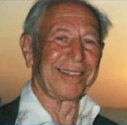 Alexander Lowen devoted his life to showing the importance of the body in the psychotherapeutic process, as he was convinced that every profound change has an impact on the body. He was born on December 23, 1910. The first of two children of Jewish parents who emigrated to the USA from Russia. The family atmosphere was often very stressful. He spent a lonely childhood and adolescence playing in the streets of Harlem (NY) and engaged in physical activities. During his youth, he practiced regular physical activities and sports, like handball but also yoga and rhythmic gymnastics, based on Émile Jaques-Dalcroze method (body movement as an expression of being) and Jacobson's Relaxation Technique (control of muscle tone and breathing).
Alexander Lowen devoted his life to showing the importance of the body in the psychotherapeutic process, as he was convinced that every profound change has an impact on the body. He was born on December 23, 1910. The first of two children of Jewish parents who emigrated to the USA from Russia. The family atmosphere was often very stressful. He spent a lonely childhood and adolescence playing in the streets of Harlem (NY) and engaged in physical activities. During his youth, he practiced regular physical activities and sports, like handball but also yoga and rhythmic gymnastics, based on Émile Jaques-Dalcroze method (body movement as an expression of being) and Jacobson's Relaxation Technique (control of muscle tone and breathing).
Alexander Lowen received
- his bachelor's degree in science and business from City College of New York (NY, USA)
- his Doctorate in Law (JSD) at Brooklyn Law School (NY, USA) (1936)
- and his Doctorate in Medicine (MD) at the University of Geneva (Switzerland) (1951).
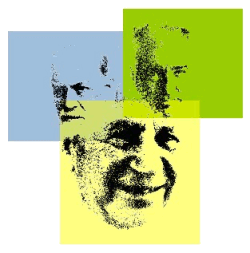
Alexander Lowen met Wilhelm Reich in New York in 1940, and trained with him until 1952. He studied Reich's energy principles and character analysis. He also had personal therapy with Reich from 1942 to 1945 before becoming a Reichian therapist himself. In 1953, he split from Reich and his research on the "orgone". Lowen then developed Bioenergetic Analysis as his own creative contribution to help people clarify the complexity of the mind-body split. He teamed up with two other students of Reich: John Pierrakos and William Walling. They created together the Institute of Bioenergetic Analysis (IBA) in New York (1956).
Alexander Lowen resigned as Executive Director of the International Institute for Bioenergetic Analysis (IIBA) in 1996, without abandoning his therapist's activity, in New Canaan (CT, USA), and his personal practice of bioenergetic exercises.
He suffered a stroke in July 2006 and stopped as a therapist. However, his general health was good, and, although having a reduced mobility, he still had the desire to do physical exercises at the age of 96 years. In 2004, when he was asked what had given more meaning to his life, Alexander Lowen replied without hesitation: Experiencing pleasure and vitality of the body. Alexander Lowen died on October, 28 2008 (just a few months short of his 98th birthday).
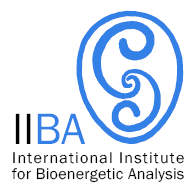 He teamed up with two other students of Reich: John Pierrakos and William Walling. They created together the Institute of Bioenergetic Analysis (IBA) in New York (1956). A few years later, they separated and Alexander Lowen remained alone to manage the IBA. In 1976, facing the international expansion of Bioenergetic Analysis and a growing demand in psychotherapist's trainings, he turned the IBA into the International Institute for Bioenergetic Analysis (IIBA).
He teamed up with two other students of Reich: John Pierrakos and William Walling. They created together the Institute of Bioenergetic Analysis (IBA) in New York (1956). A few years later, they separated and Alexander Lowen remained alone to manage the IBA. In 1976, facing the international expansion of Bioenergetic Analysis and a growing demand in psychotherapist's trainings, he turned the IBA into the International Institute for Bioenergetic Analysis (IIBA).
- The Language of the Body (1958)
- Love and Orgasm (1965)
- The Betrayal of the Body (1967)
- Pleasure (1970)
- Depression and the Body (1972)
- Bioenergetics (1975)
- The Way to Vibrant Health: A Manual of Bioenergetic Exercises (1977)
- Fear of Life (1981)
- Narcissism (1985)
- Love, Sex and your Heart (1988)
- The Spirituality of the Body (1990)
- Joy (1995)
- Honoring the Body (2004)
- The Voice of the Body (2005)
The mission of The Alexander Lowen Foundation is to continue the profound legacy and wisdom of Dr. Alexander Lowen. The wish is for this foundation to hold the collective testimonials of the life-shaping and life-changing ways that Lowen has touched lives. The wish is to use the Bioenergetic wisdom, to share and expand his work and his life. The Alexander Lowen Foundation is a non-profit foundation that is registered with the US government. It has been formed to honor and enhance Lowen's work by preserving and making easily available his teachings and beliefs about Bioenergetic Analysis.










